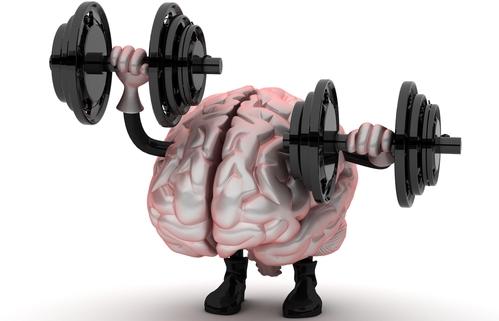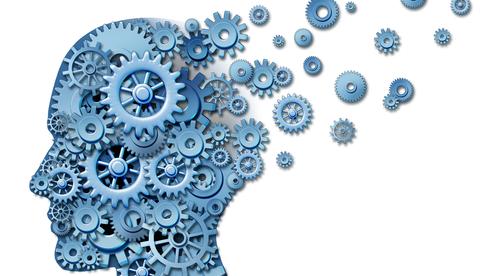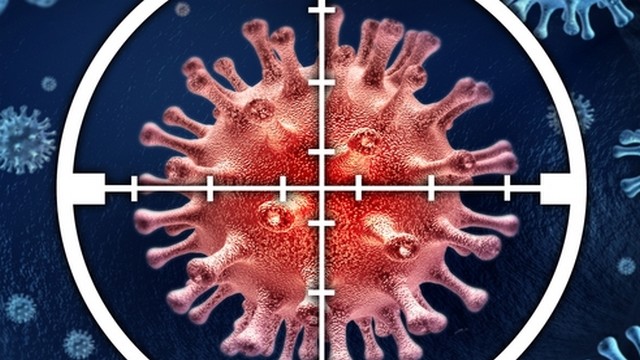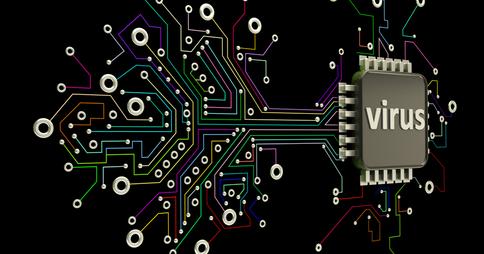Surprising Science
All Stories
Several video game companies have released mind-reading headsets that let players control virtual objects. Psychiatrists say the technology could help improves patients’ mental health.
Access to mobile computing, to allow employees to check email outside of working hours, increases productivity up to a point. After that it just burns people out and makes them unhappy.
The modernist concept of a fragmentary and ephemeral self, like that put forward by Virginia Wolf, is false, says psychologist Bruce Hood. He argues that the self does not exist at all.
A recent study at the Albert Einstein College of Medicine has found that, partly as a result of their genes, centenarians are commonly outgoing, optimistic and easygoing people.
Studies reveal self-talk is one of the healthiest exercises for the brain. Something commonly linked with being crazy is very sane, and should be a part of our daily lives.
Katie Hinde is the Director of the Comparative Lactation Laboratory at Harvard University. Her research examines mother’s milk and how it contributes to infant development in humans and primates–including behavior, cognition and the brain. Here, she discusses the effects of breast milk on behavior, what she thinks human mothers should know and the recent (and controversial) Time magazine breastfeeding cover.
Proper distribution of cigarette taxes and money from the checks written by the tobacco industries to tobacco control programs could help reduce personal healthcare expenses
The way white matter or brain nerve fibers are connected around the brain affects the longevity of human intelligence in old age. Researchers believe they can now focus on treatments to savor the sharp mind.
Researchers believe the use of aspirin is better for the management of blood clots over a long period of time than traditional anti-clotting drugs prescribed.
We don’t know what the future will bring in terms of enhancement. But to be fundamentally opposed to it is to fundamentally opposed to the future of medical science.
With a new discovery in a gene vital to the success in male fertility, researchers are investigating the possibility of its function as a contraceptive.
By linking a single ion with a single proton, physicists at the University of Innsbruck have established the first quantum interface between quantum processors and optical information channels.
Science fiction writer Elizabeth Moon discusses whether universal identification markers would make future wars less bloody by allowing soldiers to better identify innocent bystanders.
A new medical device developed by engineers at MIT can inject drugs into the body without using a needle. Benefits include improving patient compliance rates and preventing accidental pricks.
After being written off by a team of European astronomers, dark matter has made a surprise comeback thanks to the training and support of two researchers from New Jersey.
European scientists who want to begin experimenting with geoengineering are being met with a host of concerns, including those of philosophers who worry about manipulating nature.
Private company Space X successfully launched its unmanned Falcon 9 rocket into space early Tuesday morning from the Cape Canaveral Air Force Station in Florida. Worldcrunch provided some fun facts […]
China has one billion mobile phone customers and in the next 12 months, 200 million people will purchase smartphones. That’s a big market for app developers, who also want better copyright protections.
Big-idea start ups are not dead, says GigaOm’s Derrick Harris. They’ve just moved to the cloud, where scalable technology allows companies–and individuals–to innovate like never before.
The preservation of individuals’ online profiles after their physical death extends their life in a very meaningful sense, says Australian philosopher Patrick Stokes.
There are just 30 people worldwide whose brain injuries have rewired their brains in ways that allow them to perform amazing feats. But now a machine replicates the process with some success.
New research has found a genetic link between exercise and brain performance, implying that physical activity could treat disorders like ADD and ADHD, especially during youth.
To soften the feeling of pain, distract your mind with another task. Researchers say that investing mental energy elsewhere keeps your nervous system from receiving pain signals.
A new study has found parallels between bomb blast injuries sustained by soldiers and a degenerative brain disorder known to occur in athletes who box and play football.
Researchers have a clearer picture on how a gene contributes to Alzheimer’s disease. It establishes a new objective in the fight against the disease.
Doctors lack the education to help cancer survivors plagued with treatment-related side effects. Cancer survivors are coping with long-term issues that they didn’t know existed.
The ultrasensitive biosensor is the latest in the fight against cancer. The sensor catches cancer earlier than imaging and other monitor devices.
Research reveals a relationship between intellectual and cultural hobbies and weight control. Activities such as reading and going to see an art exhibit can help to keep off excess pounds.
High-tech fashion can be the game changer in medicine by turning health-detector devices into wearable accessories. These devices could make health care more popular in people’s daily lives.
If current research proves fruitful, the homes and cities of the future may be powered by viruses. Berkeley Lab scientists have genetically engineered the M13 virus to output more power.





























